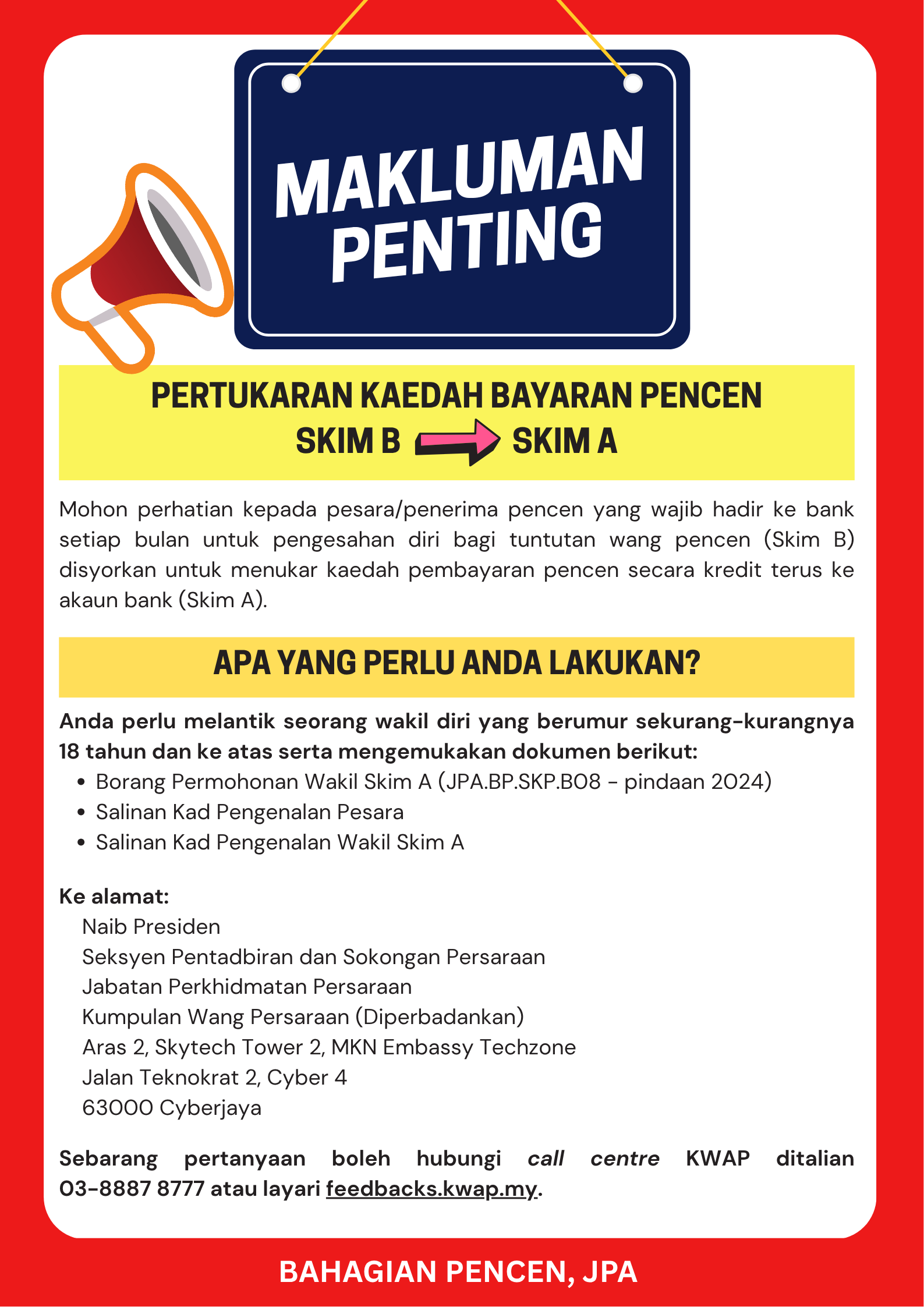Authored by: Deenash Rama
Although superpower rivalry has existed for centuries, the current geopolitical is becoming increasingly complex, particularly between the United States and China. Unlike past rivalries, primarily military or ideological, today’s tensions are a tactical interplay of economic, technological, and strategic interests that intertwine global trade, and innovation. Therefore, the push for perseverance has pressed countries to reevaluate their industrial policies and economic reliance.
Great power friction over trade has existed since ancient times. Trade has been weaponised and that has created a few exclusive trading blocs. This resulted in many countries reevaluating their industrial policies and economic dependencies. The COVID-19 pandemic taught policymakers the vulnerabilities of the existing supply chains and the importance of geographically spreading them out. In that vein, Malaysia has empowered the Services for Exporters (SEF) scheme to boost our exporters’ participation in the global market.
Recapture Malaysia Past Glory Through Economic Resillence
Malaysia was one of the first countries in Asia to be off the block and became one of the “Asian Tiger.” However, Malaysia’s progress was derailed by the Asian Financial Crisis. After decades of stagnation, there has been a resurgence post-pandemic. The Madani Economy Framework has been placed at the forefront to help Malaysia recapture its past glory.
The policy discourse introduced by Prime Minister Anwar Ibrahim focuses on economic and social development. In addition, it also pledges to implement governance and institutional reforms, improve the business environment, foster innovation, and strengthen fiscal sustainability. To achieve that, the country needs to position itself on multiple fronts.
Thus, it is important to focus on advanced manufacturing activities. Economic efficiency is a core part that governments must emphasise in building that economic resilience. Many countries are adopting interventionalist policies, especially in key technology areas. Policies that include subsidies to get our industries to compete are crucial and must be part of the Budget.
Malaysia currently allocates about 7.6% of its development expenditure on technical and vocational education and training education. Malaysia needs to learn the technical know-how in advanced manufacturing as having factories alone is insufficient for the long term. Malaysia needs to be a progenitor of the manufacturing knowledge ecosystem, which will enable the country to scale new heights.
Acquiring that technology know-how will be essential for Malaysia to avoid the middle-income trap. One of the reasons often cited for manufacturing-intensive countries falling into this trap is the lack of innovation and technological advancements. Therefore, moving up the value chain is the path to sustainable prosperity.
Fostering Long-Term Economic Growth
Economic resilience will be pivotal for a country to withstand internal and external shocks. Therefore, building resilience should be emphasised to insulate the economy from these setbacks. The push for resilience is also at the heart of Kumpulan Wang Persaraan (Diperbadankan) [KWAP]’s nation-building agenda.
KWAP has identified eight sectors, including food security, digital economy, energy transition, and advanced manufacturing that hold the potential to drive Malaysia’s growth capacity over the long term. Importantly, these sectors are critical for Malaysia to maintain stability amid geopolitical uncertainties. The key focus behind these initiatives is economic development and transformation, which are aimed at fostering long-term growththat aligns with the government’sNew Industrial Master Plan 2030 and the National Energy Transition Roadmap.
Budget 2024 highlighted the government’s commitment to sustainable development focusing on renewable energy and promoting a low-carbon economy. The RM2 billion allocation for the National Energy Transition funds presents opportunities for investment in renewable energy sources. The government must push further with its technology and green mandate in the upcoming budget as investment in these critical industries will lead to technological breakthroughs, possibly with productivity gains.
Geopolitics is generally viewed as a bane due to the instability and economic disruptions it causes. In Malaysia’s case, the heightened geopolitics of late has been a boon, highlighting Malaysia’s strategic position and value. With an amplified appeal, Malaysia is set to draw in foreign investments that will bolster our economic resilience.
In short, geopolitical uncertainties, despite the setbacks they may cause, are also opening new avenues for the country. Malaysia’s foreign direct investment has risen in recent years due to the recent confluence of geopolitical factors. Prime Minister Dato’ Seri Anwar Ibrahim’sportrayal of Malaysia as a neutral and non-alignednationwith or against any major power blochas put the country in a sweet spot. Malaysia must utilise this opportunity to improve its market access and deeply position itself in global trade.
Although superpower rivalry has existed for centuries, the current geopolitical is becoming increasingly complex, particularly between the United States and China. Unlike past rivalries,primarily military or ideological, today’s tensions are a tactical interplay of economic, technological, and strategic interests that intertwine global trade, and innovation. Therefore, the push for perseverance has pressed countries to reevaluate their industrial policies and economic reliance.
Great power friction over trade has existed since ancient times. Trade has been weaponised and that has created a few exclusive trading blocs. This resulted in many countries reevaluating their industrial policies and economic dependencies. The COVID-19 pandemic taught policymakers the vulnerabilities of the existing supply chains and the importance of geographically spreading them out. In that vein, Malaysia has empowered the Services for Exporters (SEF) scheme to boost our exporters’ participation in the global market.








